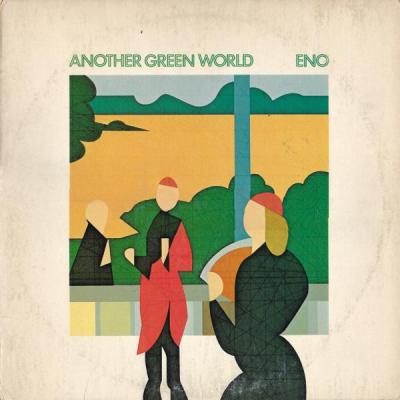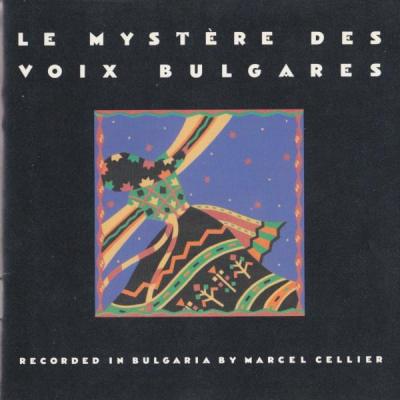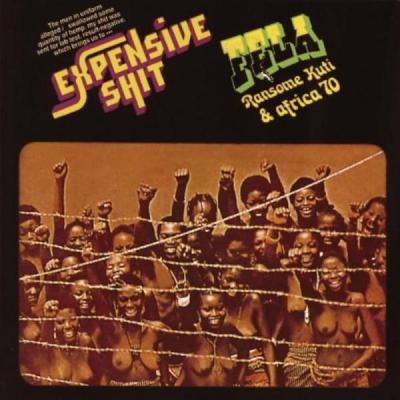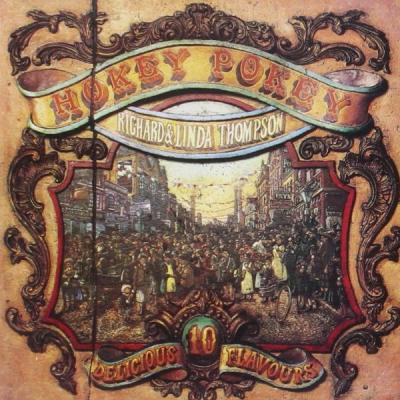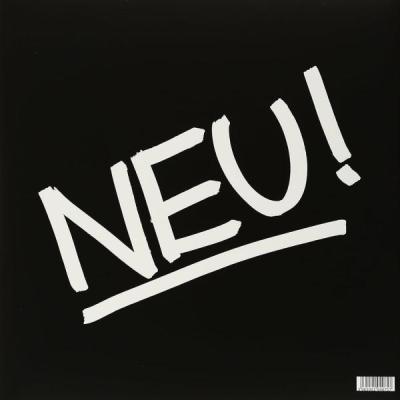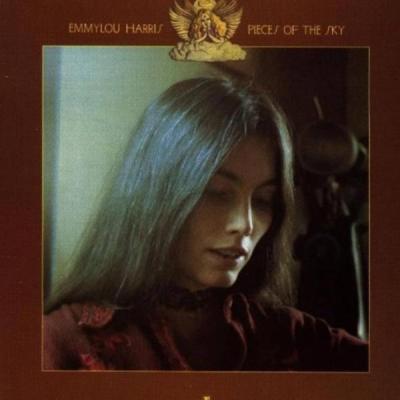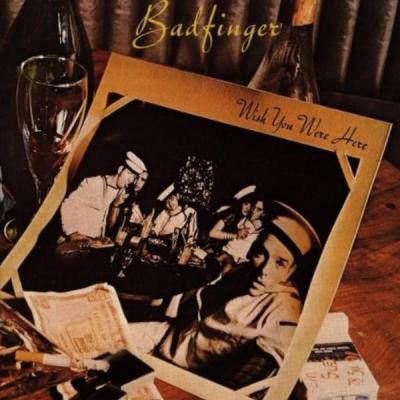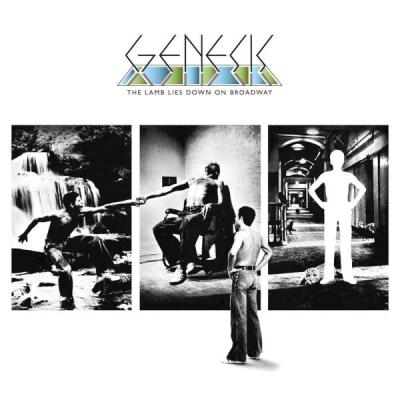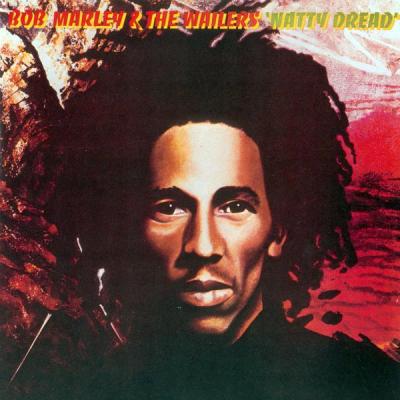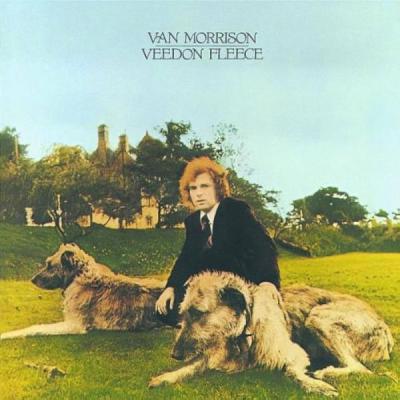

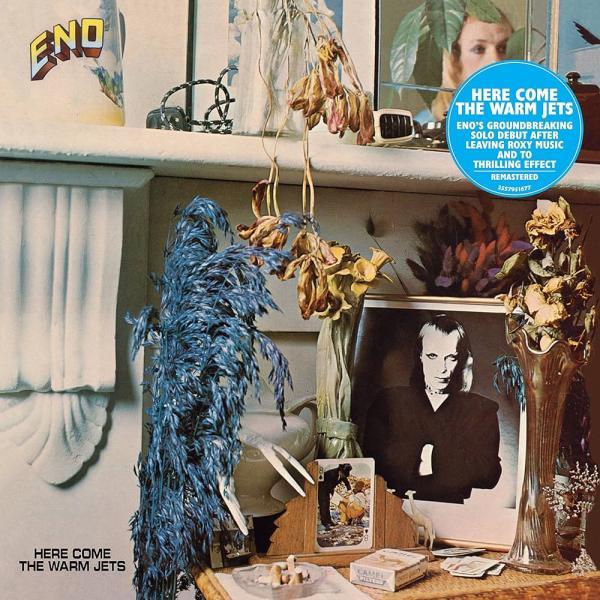
Brian Eno: Hear Comes the Warm Jets
Album #188 - July 1974
Episode date - July 31, 2024
Upon hearing “Here Come the Warm Jets” for the first time, it wouldn’t be particularly clear why Brian Eno left Roxy Music, one of the most experimental and innovative bands of the early seventies.
At heart, Eno was a theorist more than a musician so it made sense that he would find himself more comfortable as a solo experimentalist. He hewed a path that was stylistically in line with his previous band, but with a freedom that allowed him to do as he pleased, without being second-guessed or overruled by anybody (read Bryan Ferry). He was now his own ‘frontman’, writing his own material and singing, but the most important difference came with his newfound ability to experiment unabated.
“Here Come the Warm Jets” is far from perfect, but it is never boring. “Needles in the Camel’s Eye” is the LP’s leadoff track and it sets the table as something uncannily similar to Roxy Music’s glam art-pop (partially due to Phil Manzanera’s input), but it veers off-base lyrically with nonsensical syllabics built around the oddly picaresque title. Some tracks like “Paw Paw Negro Blowtorch” will always cause me to scratch my head in confusion, but it nevertheless amuses. Where do you go with a title like that? (Subsequent investigation ruined the mystery, as I discovered the story of an American Negro from Paw Paw, Michigan who would purportedly set things on fire using telekinesis, but it took me 40 years to know any of this). “Baby’s on Fire” continues the flame symbology, in a manner that is simultaneously distasteful and playful, featuring a smoldering three-minute guitar explosion by Robert Fripp. From here on, the highlights grow subtler. “Cindy Tells Me” is straightforward, with a warm and inviting melody while “Driving Me Backwards” is abrasive and off-kilter. Side two (ah, vinyl) is more atmospheric, establishing the basis for Eno’s future ambient works, but within the structure of formal song form. The highlight here is the closing title track, featuring a whooshing guitar sound that may have been responsible for suggesting the album’s title.
Right out of the gate, Eno established himself as an uncannily clever producer. After leaving Roxy Music he immediately started work on a collaborative ‘ambient’ project with Robert Fripp (King Crimson) entitled “No Pussyfooting”. Sales and critical reception were dismal at first, but it is now regarded with respect. For his first solo release, Eno left much of the production to happenstance, in a way that made the record sound fresh and unfussy. He deliberately tried to mismatch musicians in the hope that it would force them to think differently, and then he altered the recordings to the point where they grew unrecognizable to the participants. He also proved himself to be a rather interesting vocalist, taking stylistic risks that rivaled the excesses of his ex-bandmate, Bryan Ferry (“Dead Finks Don’t Talk” serves as a colorful example). He may have been writing and performing in a manner that was a natural extension of the ‘glam’ style, but his theoretical approach suggested something more than that, and the arc of his subsequent career quite handily proved that to be quite true.
Featured Tracks:
Needles in the Camel's Eye
The Paw Paw Negro Blowtorch
Baby's on Fire
Cindy Tells Me
Driving Me Backwards
On Some Faraway Beach
Blank Frank
Dead Finks Don't Talk
Some of Them Are Old
Here Come the Warm Jets
February 1974 -Billboard Charted #151
Related Shows


